In the tranquil landscapes of Kerala, a coastal state in southwestern India, photographer Keerthana Kunnath has captured something both powerful and unexpected: images of women bodybuilders who are breaking societal norms. Against the backdrop of foamy waves, swaying palm trees, and rugged rocky outcrops, these women confidently flex their muscular forms. Stripping off gym clothes to don gauzy olive dresses or feminine checkered bikinis, they challenge what it means to be a woman in a society where traditional norms dictate their place.
Kerala, where Kunnath hails from, is not typically a place where bodybuilding is celebrated for women. In this region, expectations around femininity are rigid—women are traditionally seen as delicate, nurturing, and graceful, traits that stand in contrast to the sculpted, powerful physiques of bodybuilders. Yet, despite these pressures, a small, growing community of women are pushing back against these conventions. Many of them, Kunnath discovered, have dedicated years to the sport, often defying not just societal expectations but also their families’ wishes.
“When I came across one bodybuilder’s Instagram account, I was immediately intrigued,” Kunnath said in a phone interview with CNN. “It’s rare to see women in Kerala, or in India more broadly, engage in bodybuilding—especially given the social stigma that surrounds it. What fascinated me was not just their physiques, but their determination to pursue something that was seen as so unconventional.”
Kunnath’s project highlights the stories of these women, showing them in the midst of their training, surrounded by the natural beauty of Kerala. Despite the cultural obstacles they face, their dedication to fitness and self-empowerment is evident. Their muscular frames stand in stark contrast to the stereotypical images of women in the region, symbolizing a powerful act of defiance against gendered expectations.
“It’s not a very common thing where we are,” Kunnath continued. “I would barely call it a ‘community,’ because it’s still quite new, with only a handful of women involved. But the resilience they show in pursuing bodybuilding, despite all odds, is truly inspiring.”
Through her lens, Kunnath is not just documenting these women’s physical transformations; she’s telling the story of their courage to redefine what it means to be a woman in South India. It’s a journey that goes beyond the weights they lift in the gym—one that’s about breaking free from the constraints of tradition, and embracing a new, powerful identity.
For these women, bodybuilding isn’t just about muscle; it’s about strength in every sense of the word—physical, emotional, and societal. As their numbers grow, they are slowly challenging the notion that femininity and strength cannot coexist, proving that they can be both powerful and feminine, bold and graceful, all at once.
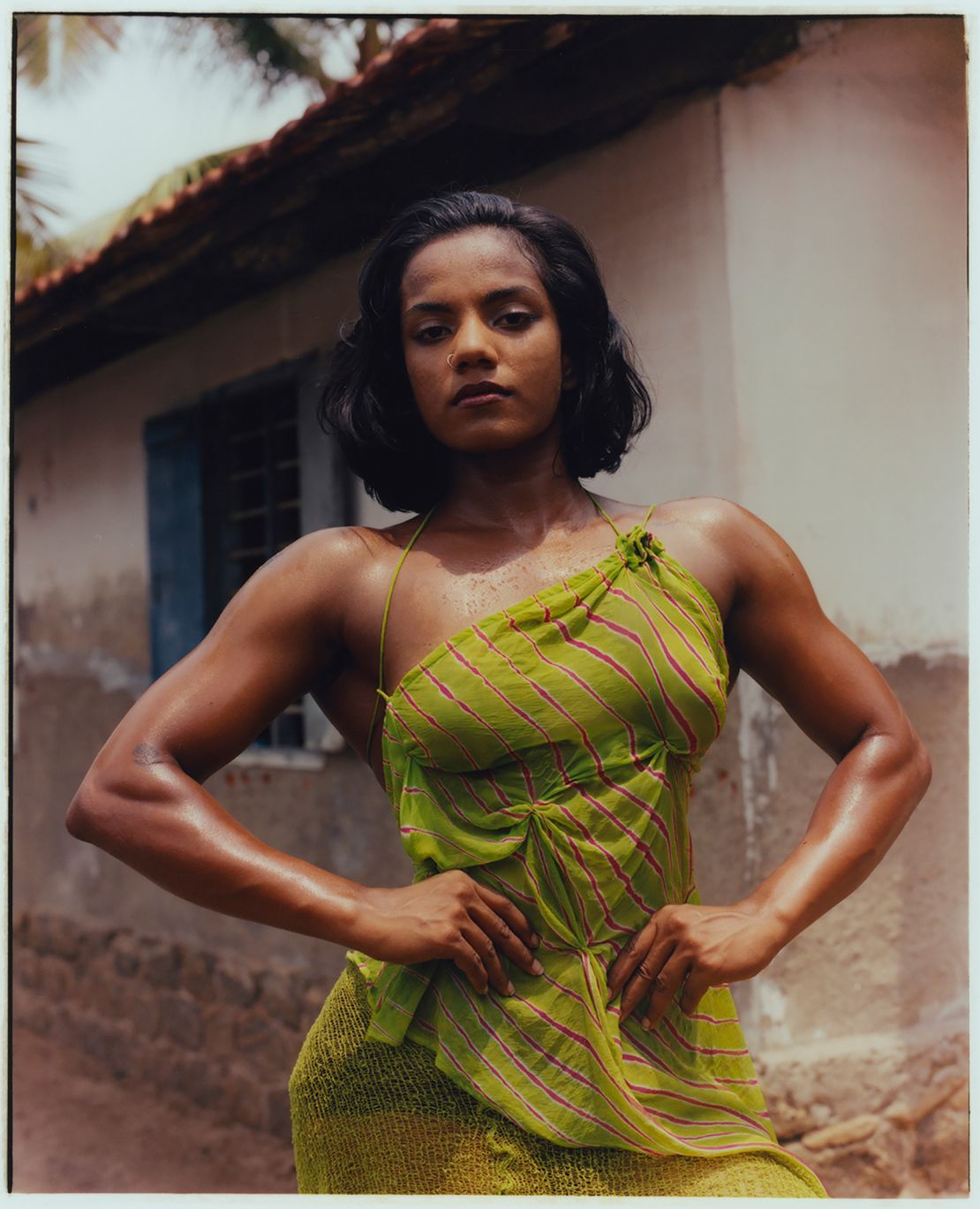
Bhumika Kumar, 22, said her pursuit of the sport has put her at odds with family members, though she has persisted to win local titles and now also coaches aspiring bodybuilders. Keerthana Kunnath
Across India, a growing number of female competitors in the sport have achieved professional status with its governing body, the International Fitness and Bodybuilding Federation — but only in recent years. Deepika Chowdury, a former molecular biologist, became the first Indian woman to do so in 2016.
Initially interested in researching the gender-neutral martial art Kalaripayattu, which originated in Kerala, Kunnath shifted her focus after finding that the women focused on bulking instead. The bodybuilders she photographed — part of her series “Not What You Saw” — didn’t know each other well, but were aware of one another through social media and competitions.
“Every time I connected with each person, and I told them I’m going to photograph that person before you, they would be like, ‘Oh my god, I know her — her body is stunning. Her thighs are crazy,’” she said with a laugh. “It felt like mutual admiration between all of them.”
Dedication to the sport
For Bhumika Kumar, who is 22 years old and lives in the Kerala city of Kochi, training for bodybuilding competitions has fulfilled a lifelong desire to become an athlete — a dream she hadn’t been allowed to pursue as a child, she told CNN via WhatsApp. Now a gold-medalist in local competitions like Miss Kerala and Miss Ernakulam, she has transformed herself following what she described as an inactive childhood.
“My parents wouldn’t let me go out and play with other kids. Hence, I was not a very physically active kid during my school days. I was always low in stamina and strength,” she wrote.
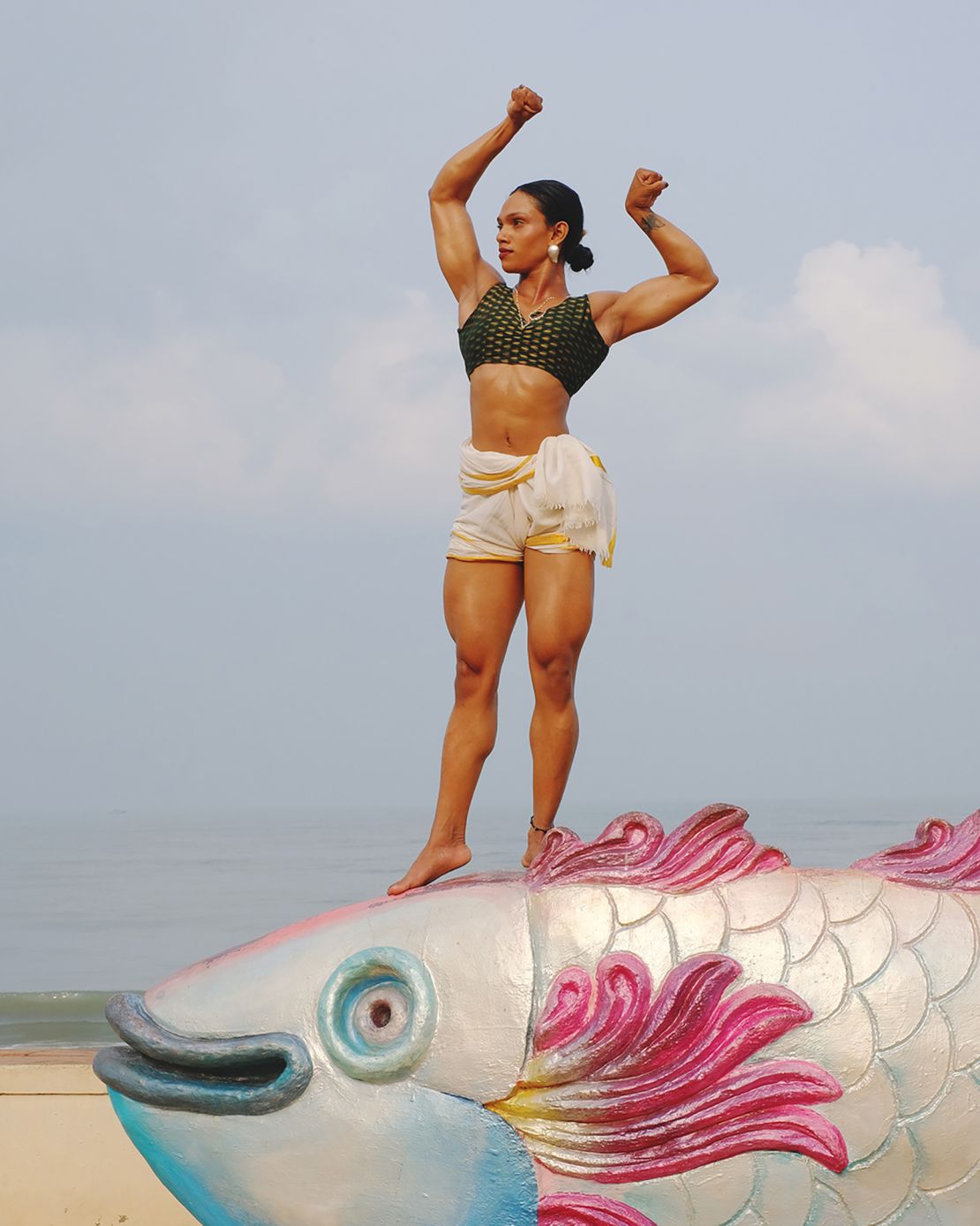
Sandra A S, 25, has been training for four years. She told her parents began supporting her after her first competition. Keerthana Kunnath
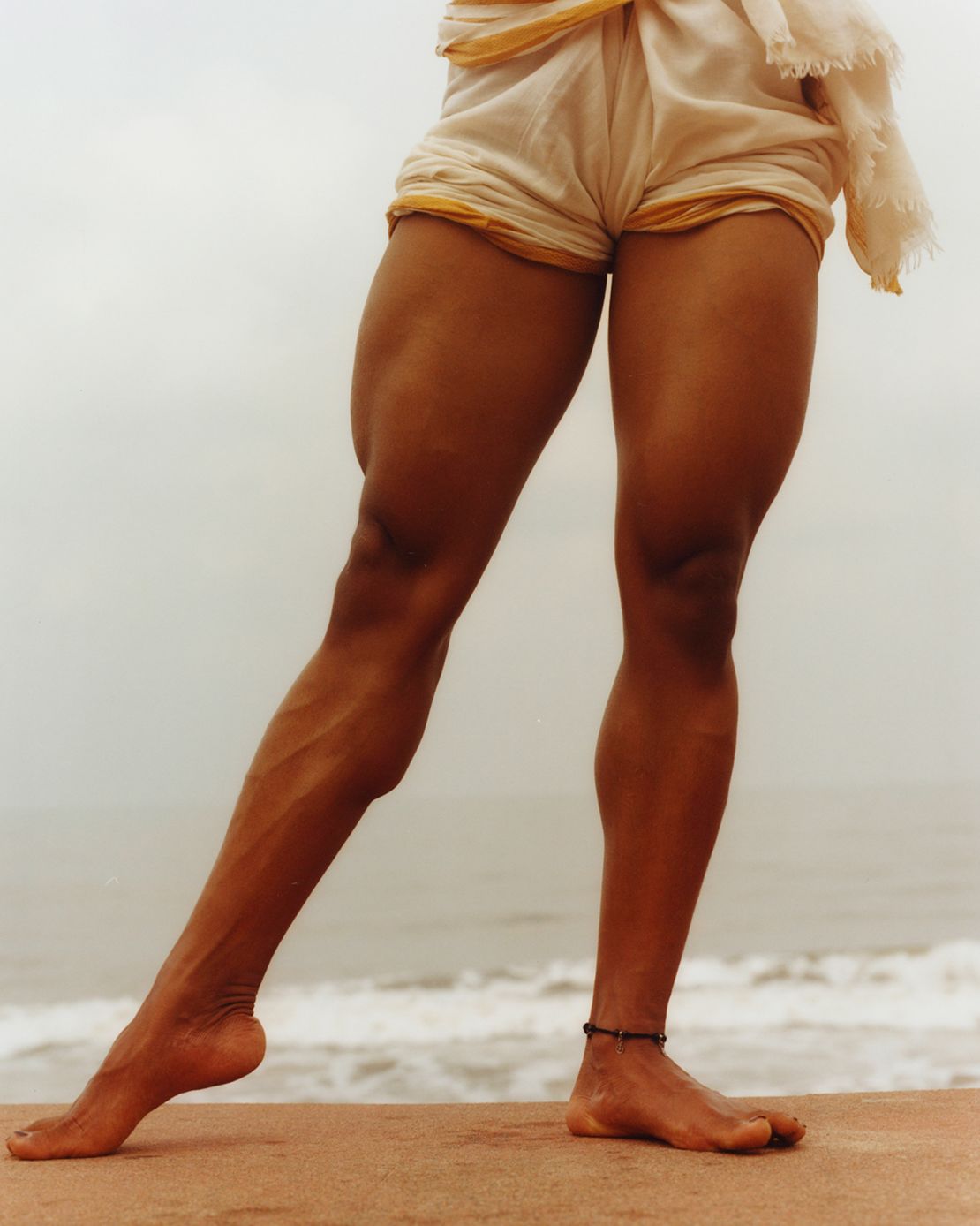
She sees potential in female bodybuilders around India to represent their country on the world stage, but says it’s difficult for them to receive support. Keerthana Kunnath
As an adult, she found her gateway to exercise through workout videos on YouTube and joined a gym “after lots of fights with family,” she said. She felt drawn to competing professionally but also divided on whether to pursue it until a year ago. “I couldn’t stop thinking about stepping onstage,” she said. “Then I finally decided to go for it and met my coach.”
Kumar isn’t the only woman in the series whose relatives felt entitled to get involved with their personal choices. Kunnath spoke extensively with each of her subjects by phone before meeting them in person to better understand their journeys.
“A lot of them had pressure from their family and extended relatives: ‘How are you letting your daughter go into this space where they’re working on their muscles? They’re showing off their bodies,’” she said, recalling the kinds of comments her subjects had heard.
Heroic portraits
Kerala’s female bodybuilders are entering a high-pressure, male-dominated sport requiring daily commitment under coaches primarily used to training men. One of Kunnath’s subjects, 25-year-old Sandra A S, has been training for four years and now coaches aspiring bodybuilders, too. She hopes to break barriers for women competitors by winning a qualification card to compete professionally on the international stage.
As Kunnath visualized the series, she turned to the iconography of Indian goddesses that she encountered during childhood. “I still remember having these posters of goddesses in front of these serene backgrounds,” she recalled. Working with a local stylist, Elton John, Kunnath pursued non-sexualized, heroic portraits with muted pastels and flowing fabrics, departing from gym clothes or the punchy, colorful bathing suits and direct lighting of the bodybuilding stage.
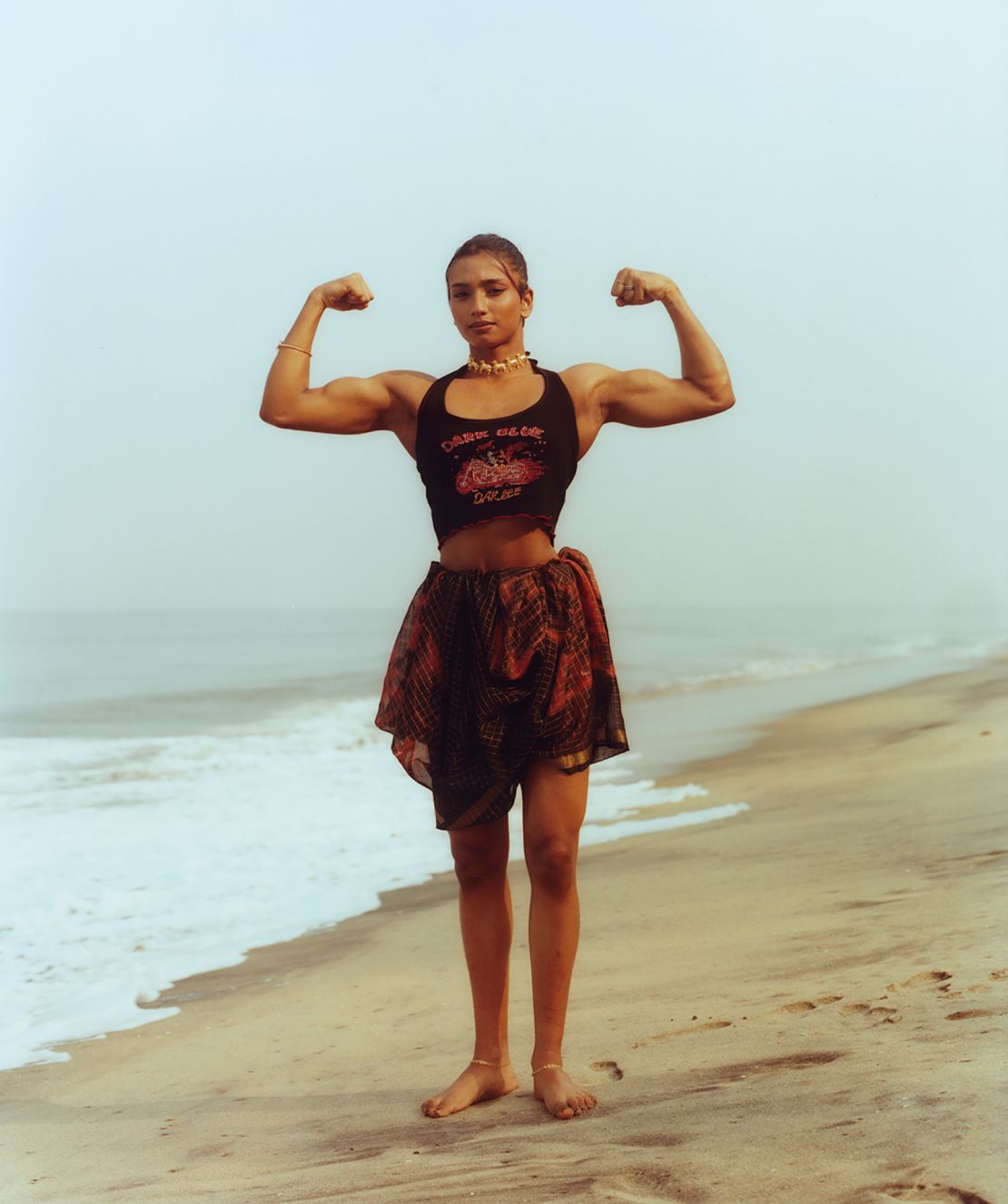
Bodybuilder Aisha Nidha poses for Kunnath, who found mutual admiration between the women she photographed, even though they often only knew of each other through competitions. Keerthana Kunnath
“They are these extremely muscular, strong, confident girls… but still, they still have this softness to them,” Kunnath said. The photographer found the more a bodybuilder bulks, the more she is treated as a “really strong, intimidating character,” but that’s not always the case.
Since beginning the series, Kunnath has also made a point of supporting her subjects by attending their competitions and taking their professional headshots to a “thank you” for being part of the work.
“They had to carve this space for themselves,” she said. “I feel like those stories should be celebrated.”

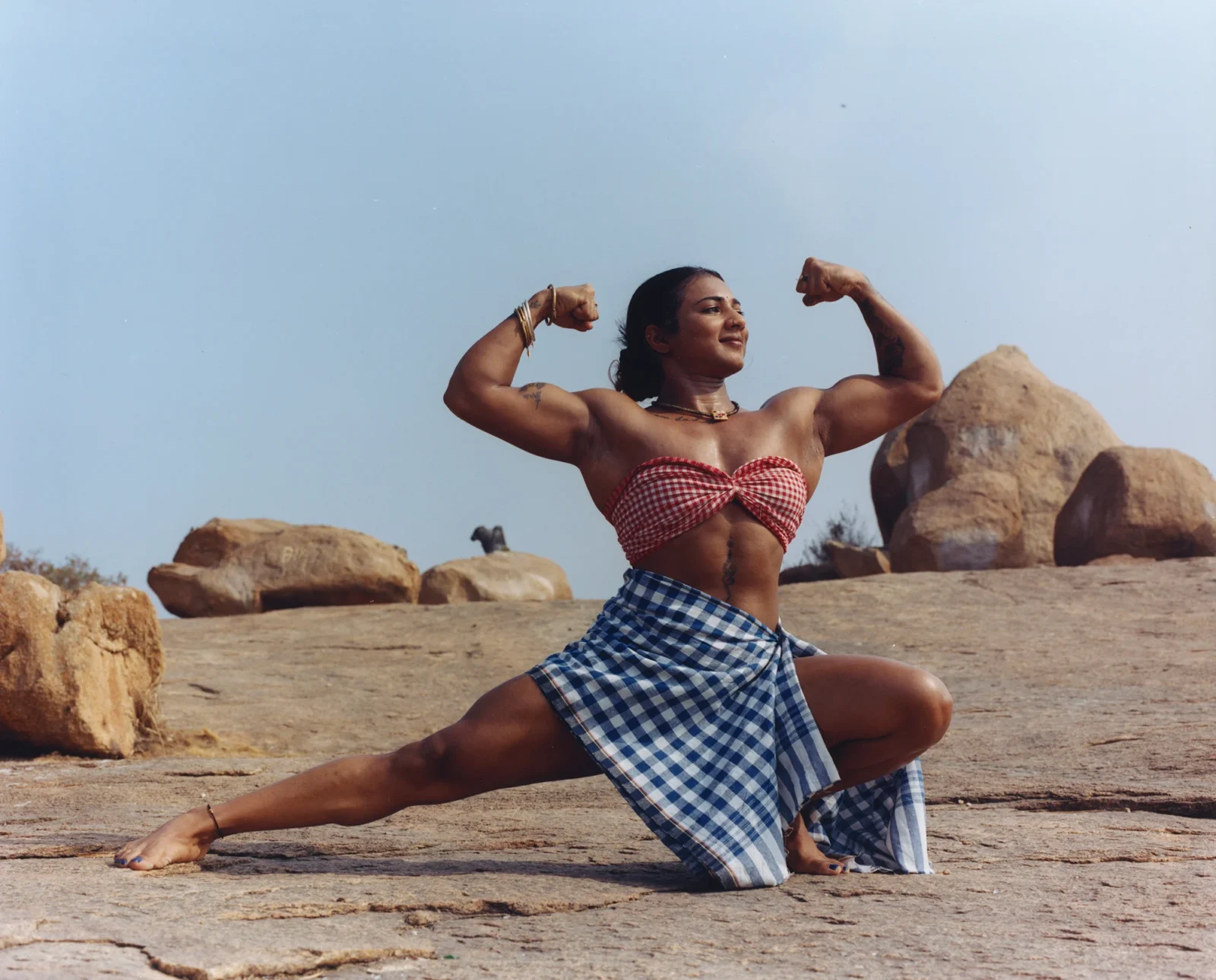
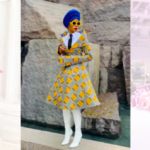

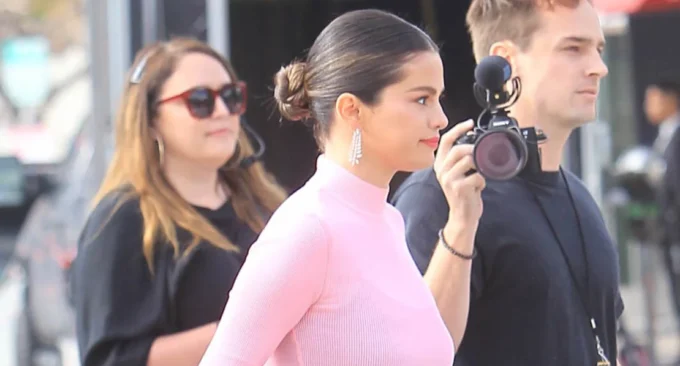


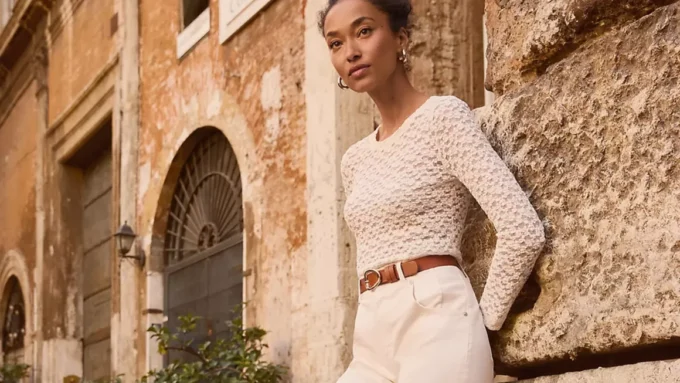
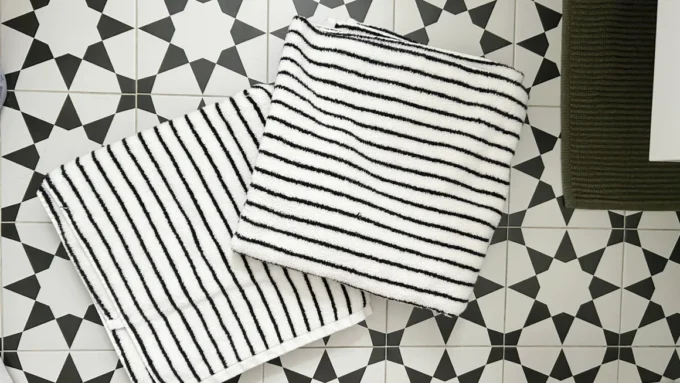
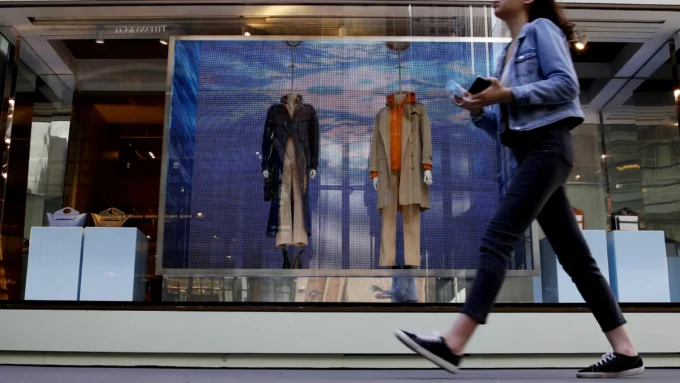
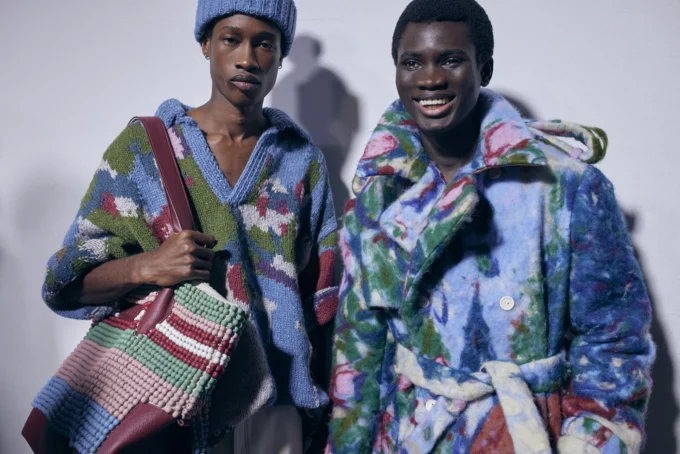
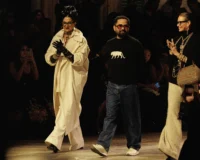

Leave a comment